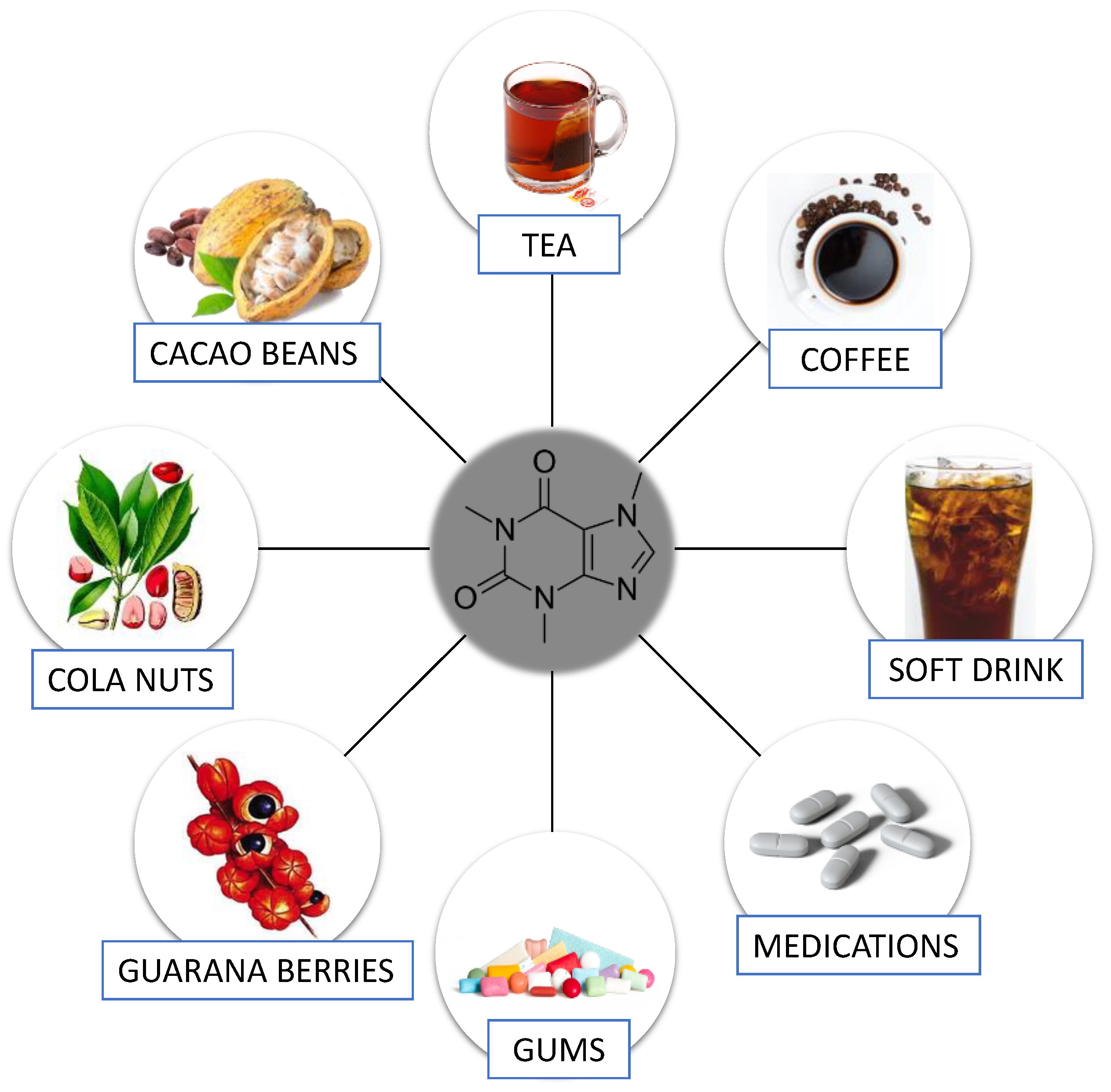Why Does Caffeine Have The Opposite Effect On Me
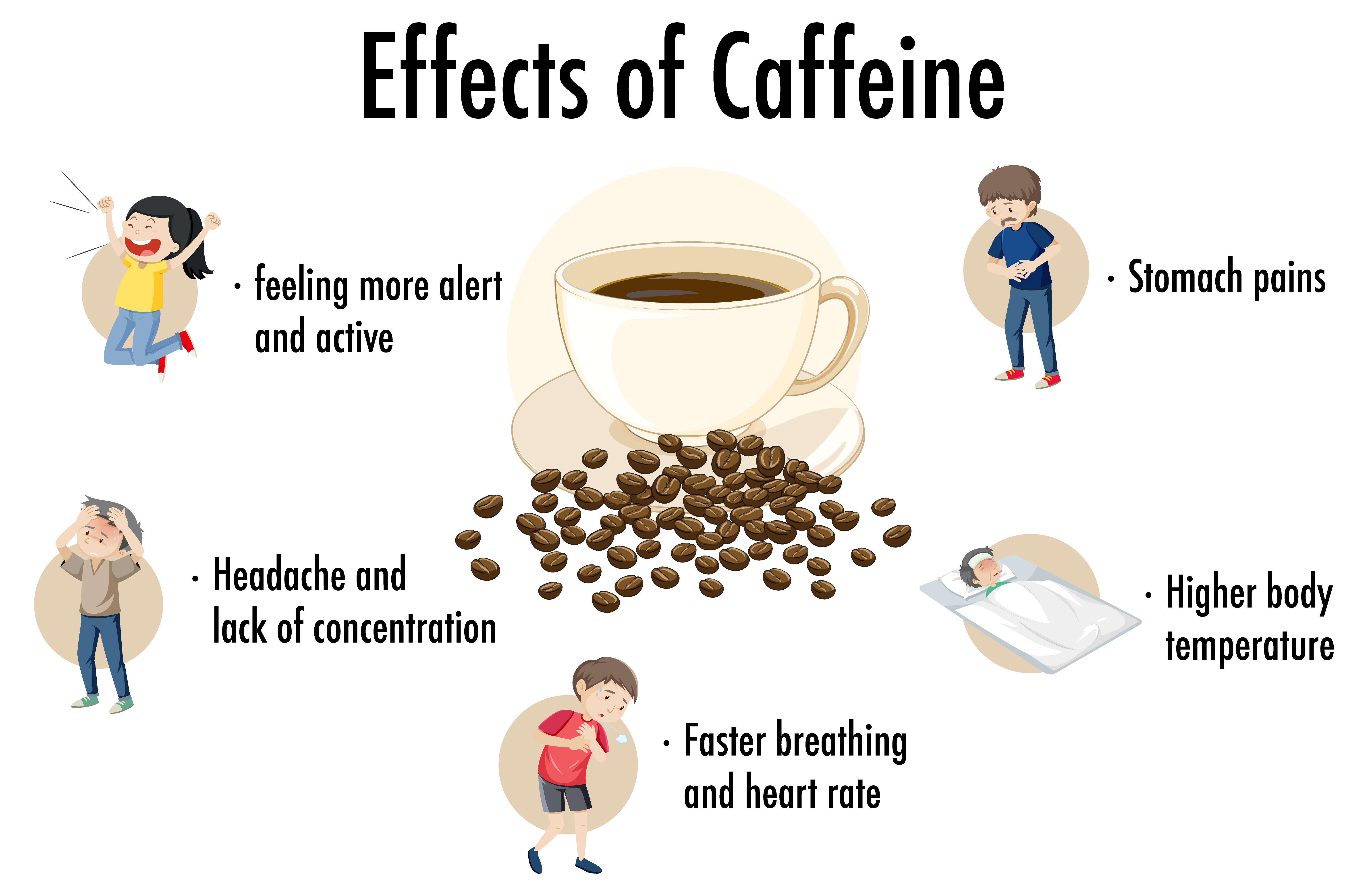
For many, the morning ritual is incomplete without that first cup of coffee, promising a jolt of energy and enhanced focus. But what happens when caffeine, the seemingly ubiquitous stimulant, leaves you feeling tired, anxious, or even wired and unable to concentrate? This counterintuitive reaction is surprisingly common, prompting researchers and individuals alike to explore the complexities of how caffeine interacts with our unique physiologies.
The phenomenon of caffeine having the opposite effect is not a simple anomaly. It is a complex interplay of genetics, individual tolerance, psychological factors, and even timing. Understanding these variables is crucial for anyone seeking to optimize their caffeine intake or, perhaps, understand why they are better off without it.
The Science Behind the Buzz (and the Lack Thereof)
Caffeine's primary mechanism involves blocking adenosine, a neurotransmitter that promotes relaxation and sleepiness. By binding to adenosine receptors in the brain, caffeine prevents adenosine from slowing down nerve activity, leading to increased alertness. However, this process is not uniform across all individuals.
Genetic variations play a significant role in how we metabolize caffeine. The CYP1A2 gene, in particular, influences the rate at which our liver breaks down caffeine. People with certain variations of this gene metabolize caffeine more slowly, leading to a longer-lasting and potentially more intense effect, which, paradoxically, can manifest as anxiety, irritability, and even fatigue.
Tolerance and Withdrawal
Regular caffeine consumption leads to tolerance. The body adapts by producing more adenosine receptors, requiring increasing amounts of caffeine to achieve the same stimulating effect. When caffeine is suddenly withdrawn, these excess adenosine receptors become unbound, leading to fatigue, headaches, and irritability.
This withdrawal effect can sometimes be misinterpreted as caffeine having the opposite effect, especially if someone experiences a crash after the initial buzz wears off. The individual may be experiencing the onset of caffeine withdrawal rather than a direct paradoxical reaction to the substance itself.
Psychological Factors at Play
The psychological impact of caffeine cannot be overlooked. For individuals prone to anxiety, caffeine can exacerbate these feelings, leading to restlessness and difficulty concentrating. This is especially true if someone consumes caffeine on an empty stomach or in large quantities.
The expectation surrounding caffeine also plays a role. If someone believes that caffeine will make them anxious, they may be more likely to experience those symptoms, regardless of the actual physiological effects. This is a well-documented phenomenon in placebo studies.
The Role of ADHD
In some individuals, particularly those with Attention Deficit Hyperactivity Disorder (ADHD), caffeine can have a calming effect. This is because caffeine can increase dopamine levels in the brain, similar to the effects of stimulant medications used to treat ADHD. For these individuals, caffeine may help improve focus and reduce hyperactivity, rather than causing stimulation.
Lifestyle and Timing Matters
The timing of caffeine consumption is crucial. Consuming caffeine late in the day can disrupt sleep patterns, leading to fatigue and cognitive impairment the following day. This can create a vicious cycle where individuals feel the need for more caffeine to combat the fatigue caused by the previous day's consumption.
Furthermore, the combination of caffeine with other substances, such as alcohol or certain medications, can alter its effects. These interactions can lead to unpredictable and sometimes adverse reactions. It is important to consult with a healthcare professional about potential interactions with medications.
Hydration also plays a role. Caffeine is a diuretic, meaning it increases urine production. If someone is dehydrated, caffeine can exacerbate this, leading to fatigue and headaches. Drinking plenty of water alongside caffeine consumption can help mitigate these effects.
What You Can Do
If you consistently experience the opposite effect from caffeine, consider experimenting with different dosages and timing. Try reducing your intake or avoiding caffeine altogether to see if your symptoms improve.
Keeping a caffeine journal can help track your consumption and its effects on your energy levels, mood, and sleep patterns. This can provide valuable insights into your individual tolerance and sensitivity. Furthermore, consult with a healthcare professional to rule out any underlying medical conditions that may be contributing to your symptoms.
Ultimately, understanding how your body responds to caffeine requires careful self-observation and, in some cases, professional guidance. Recognizing the complex interplay of factors involved can empower individuals to make informed choices about their caffeine consumption and optimize their overall well-being.
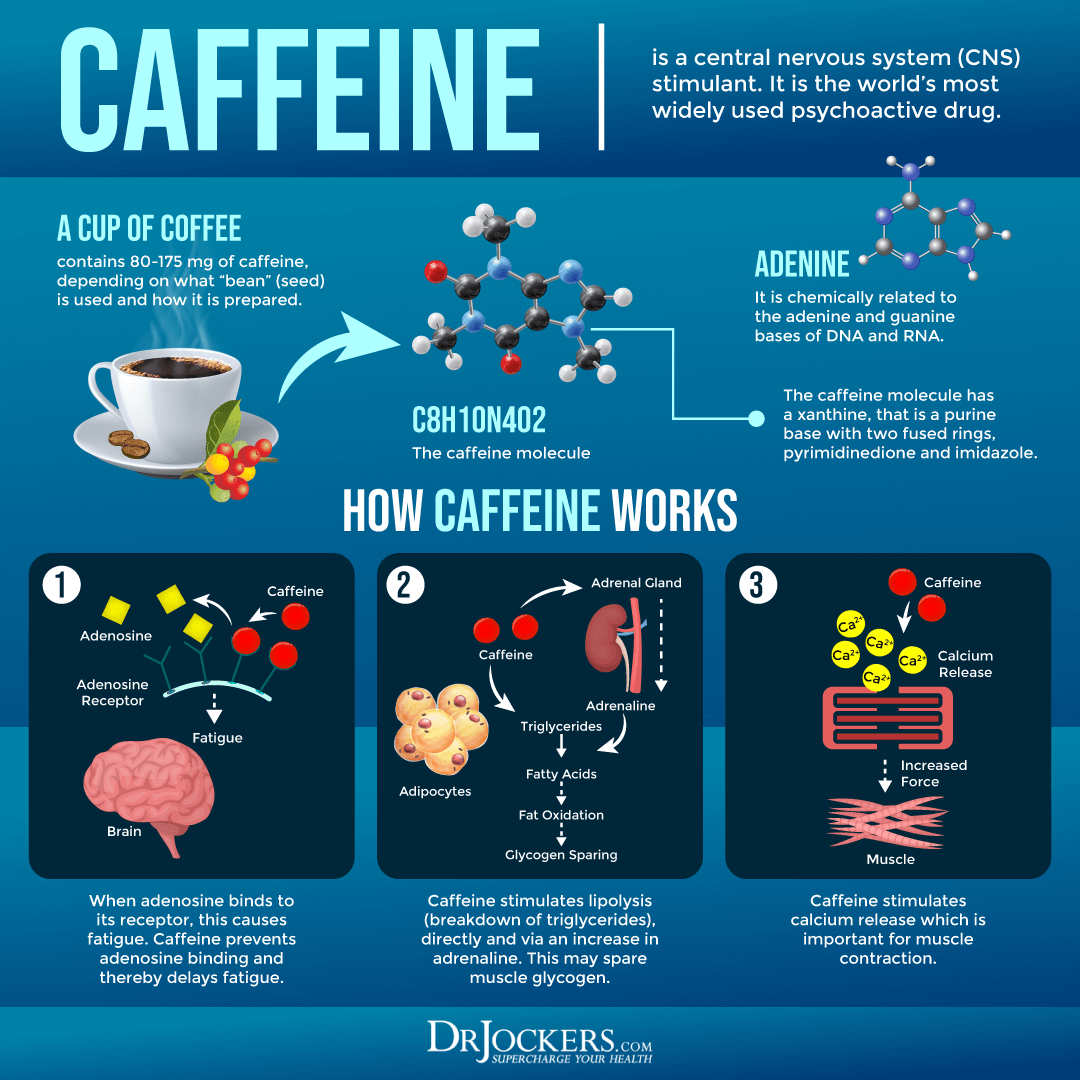

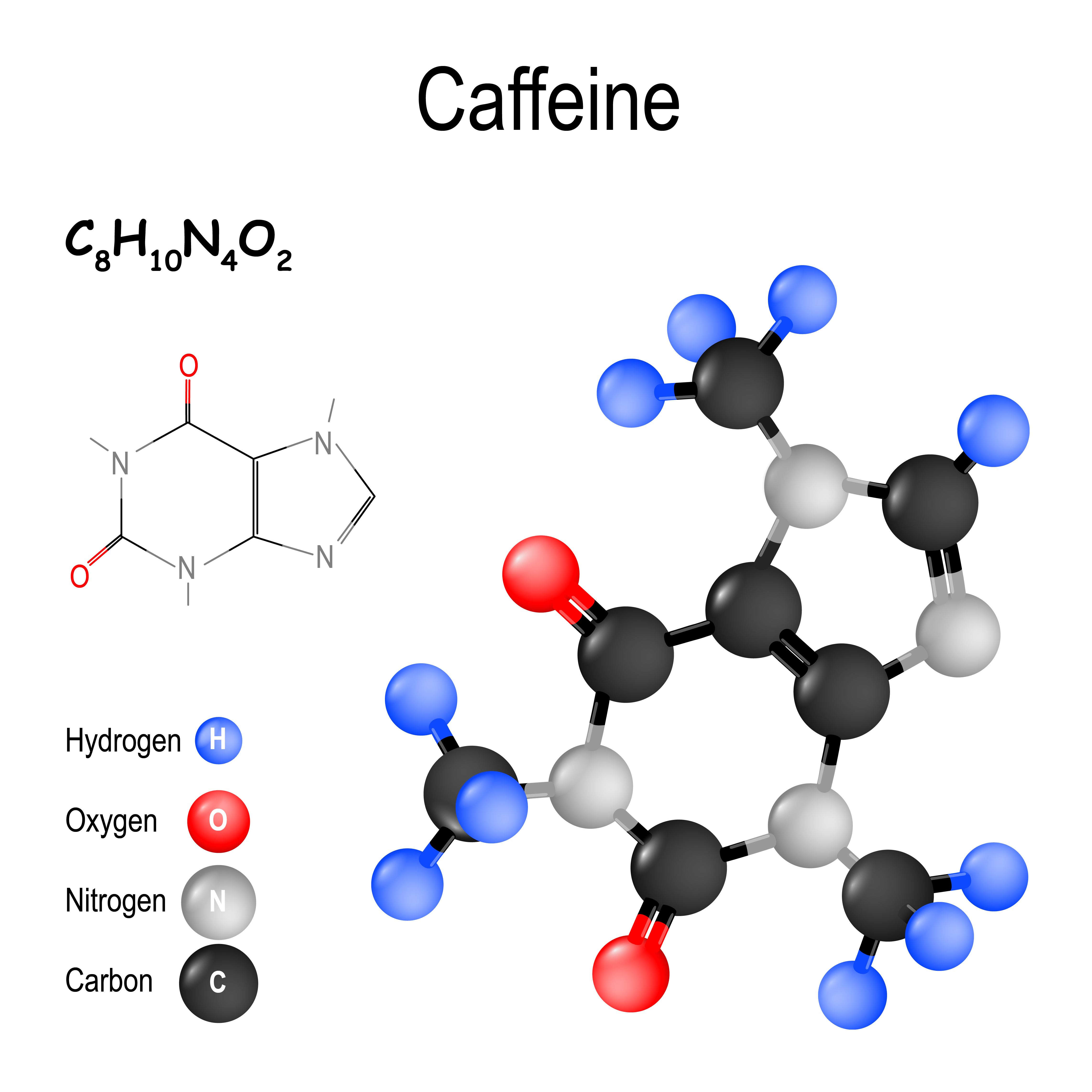
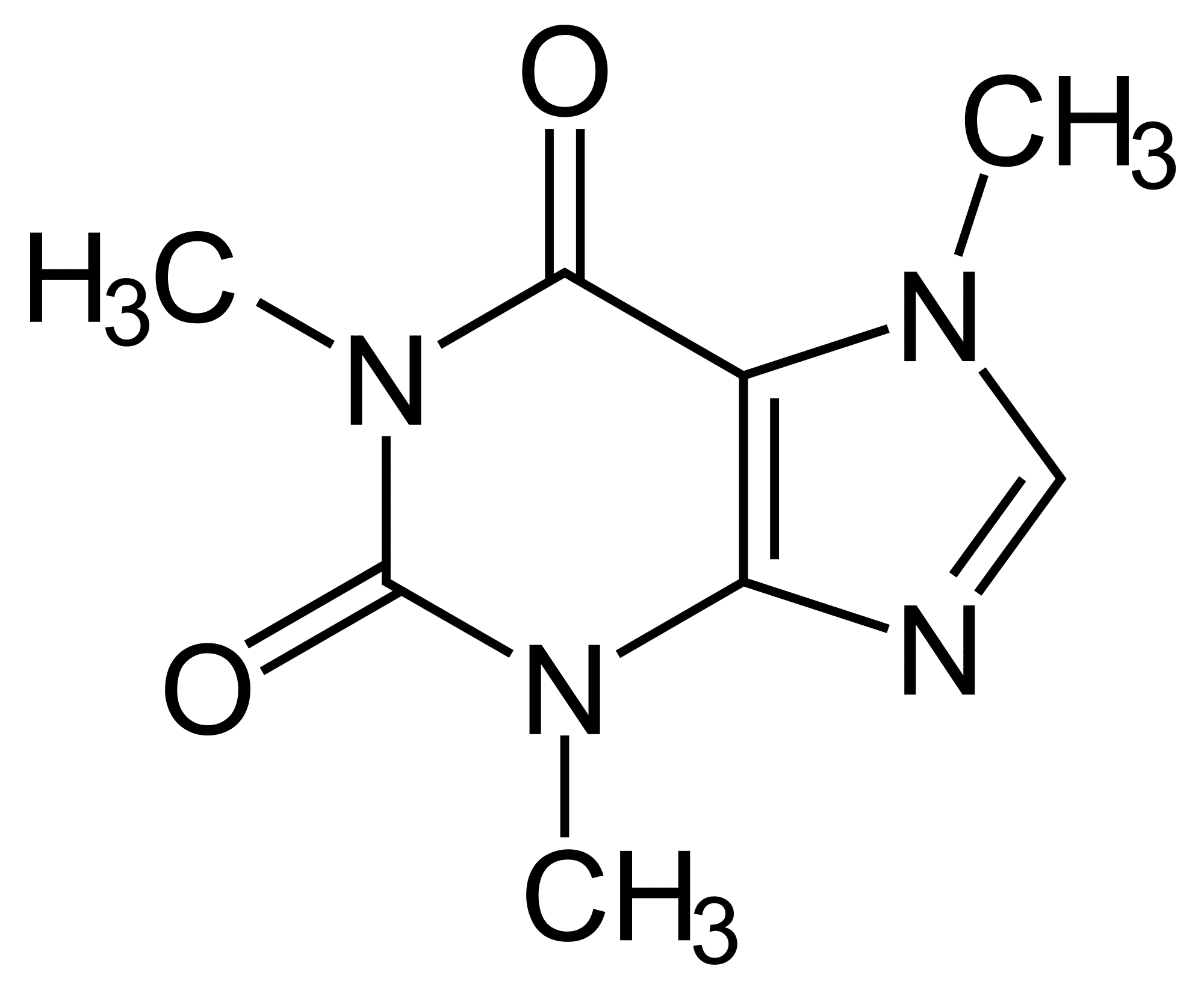
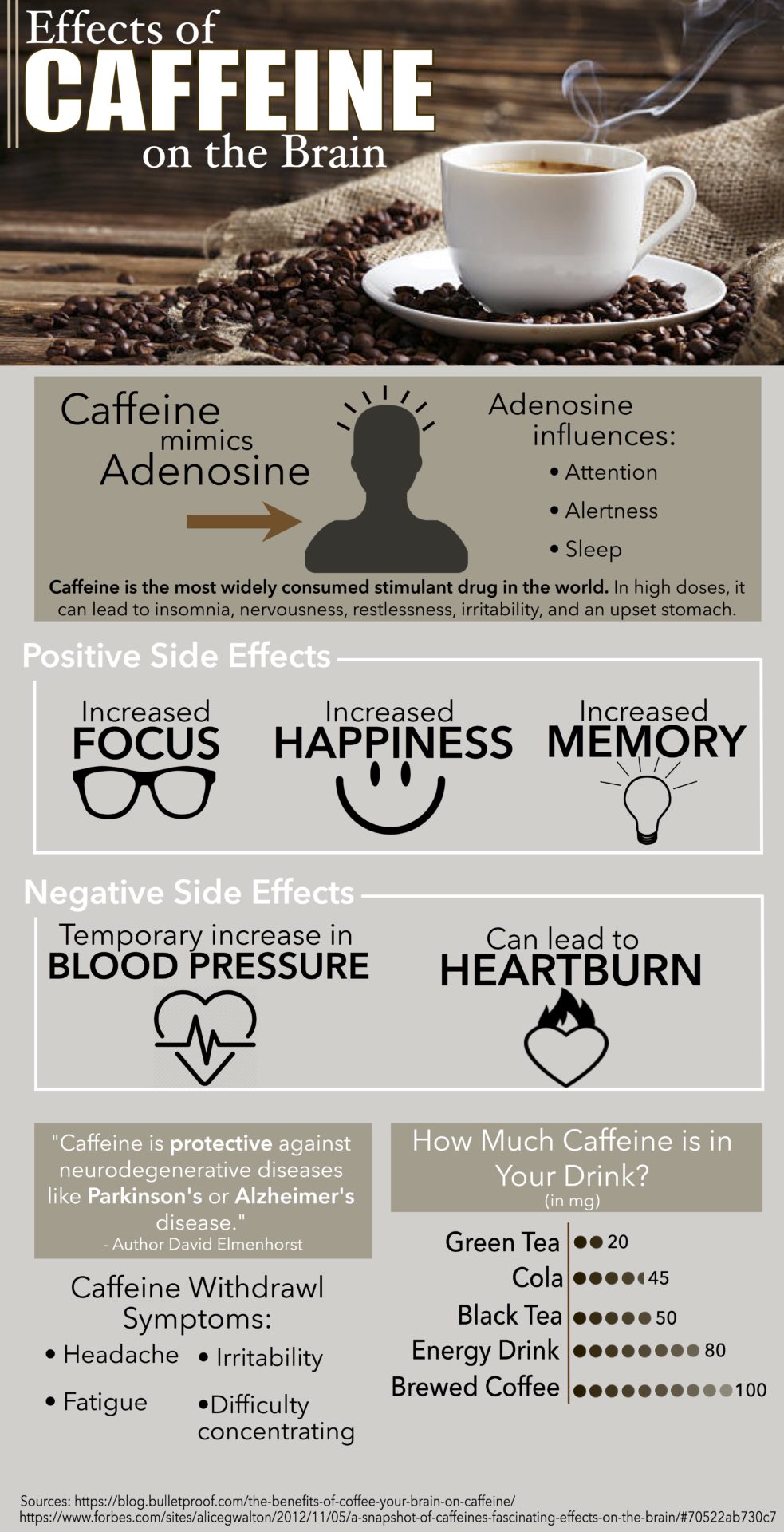
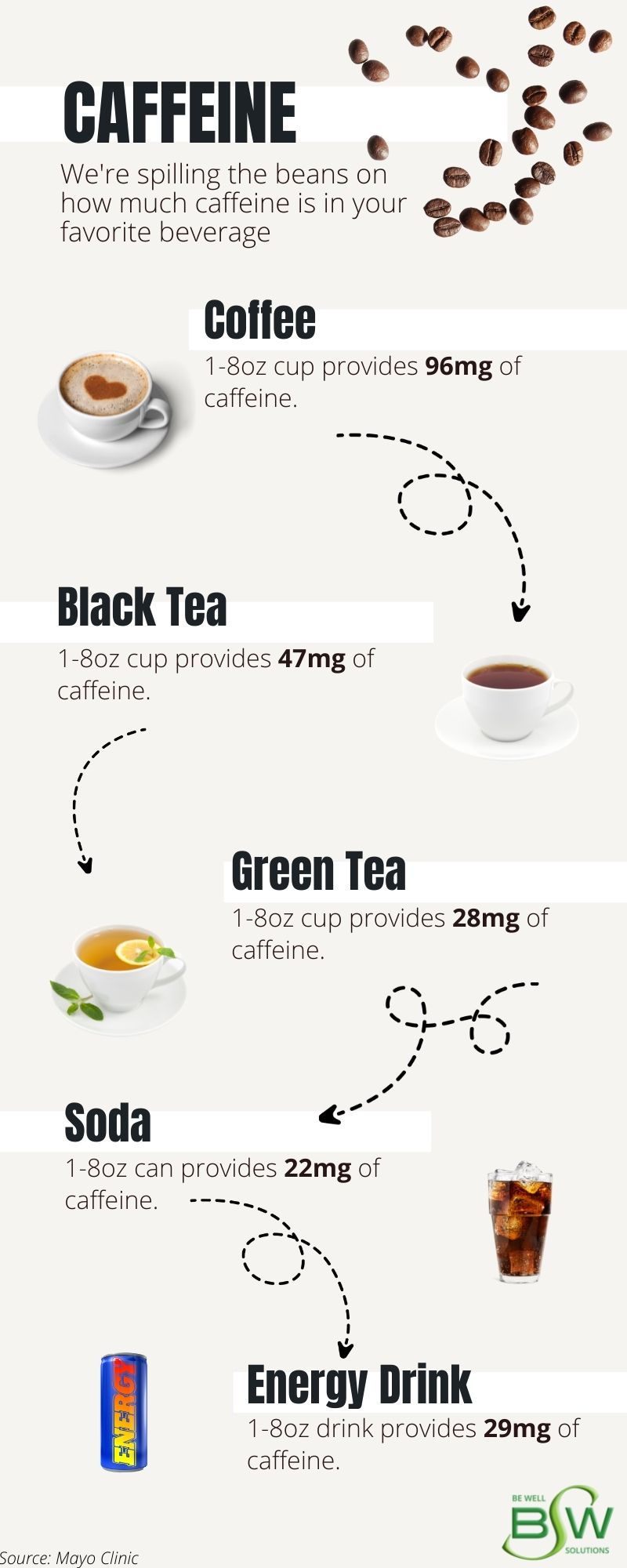
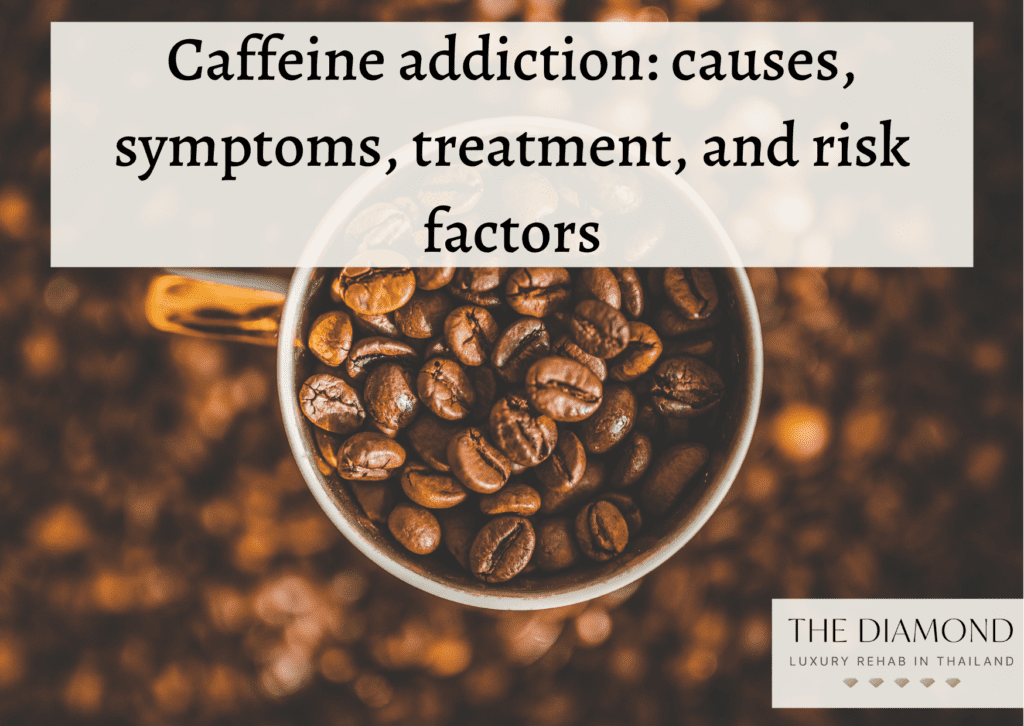



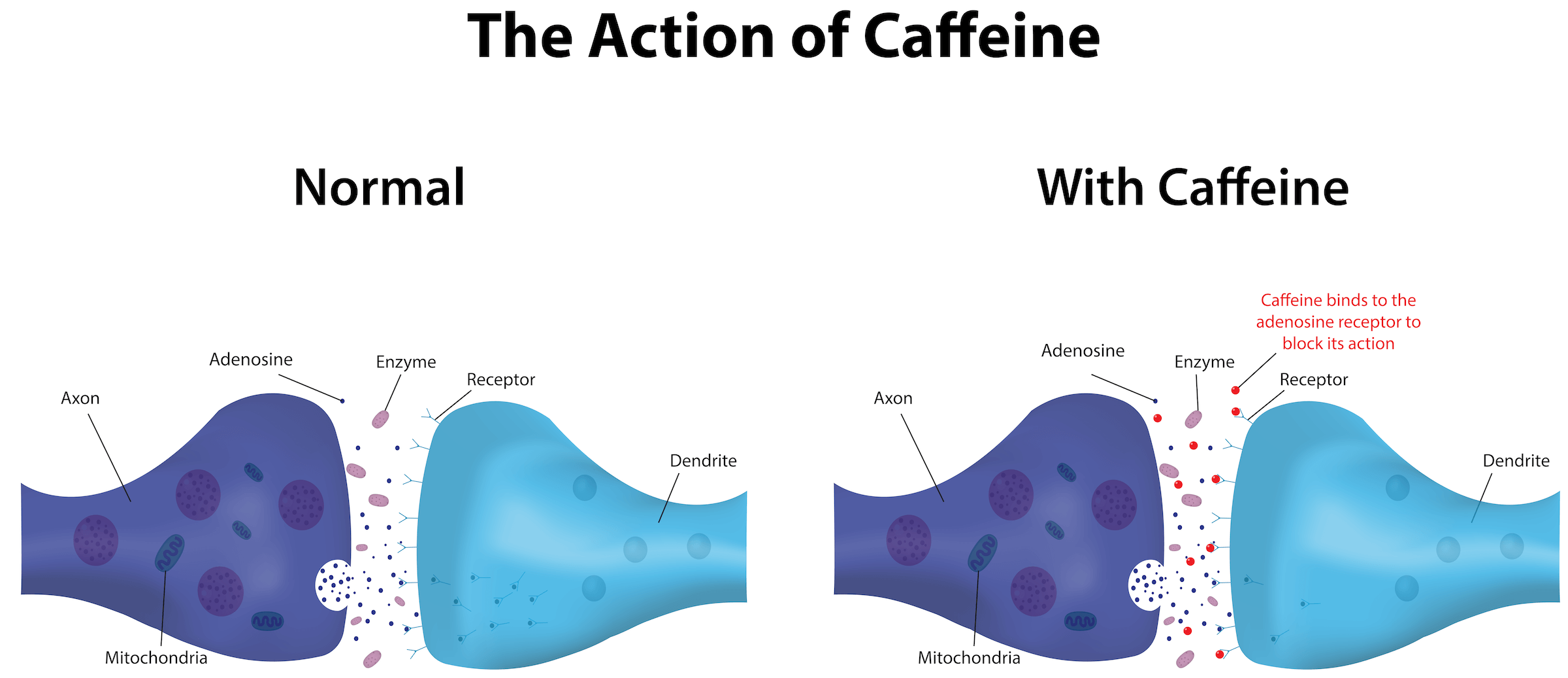

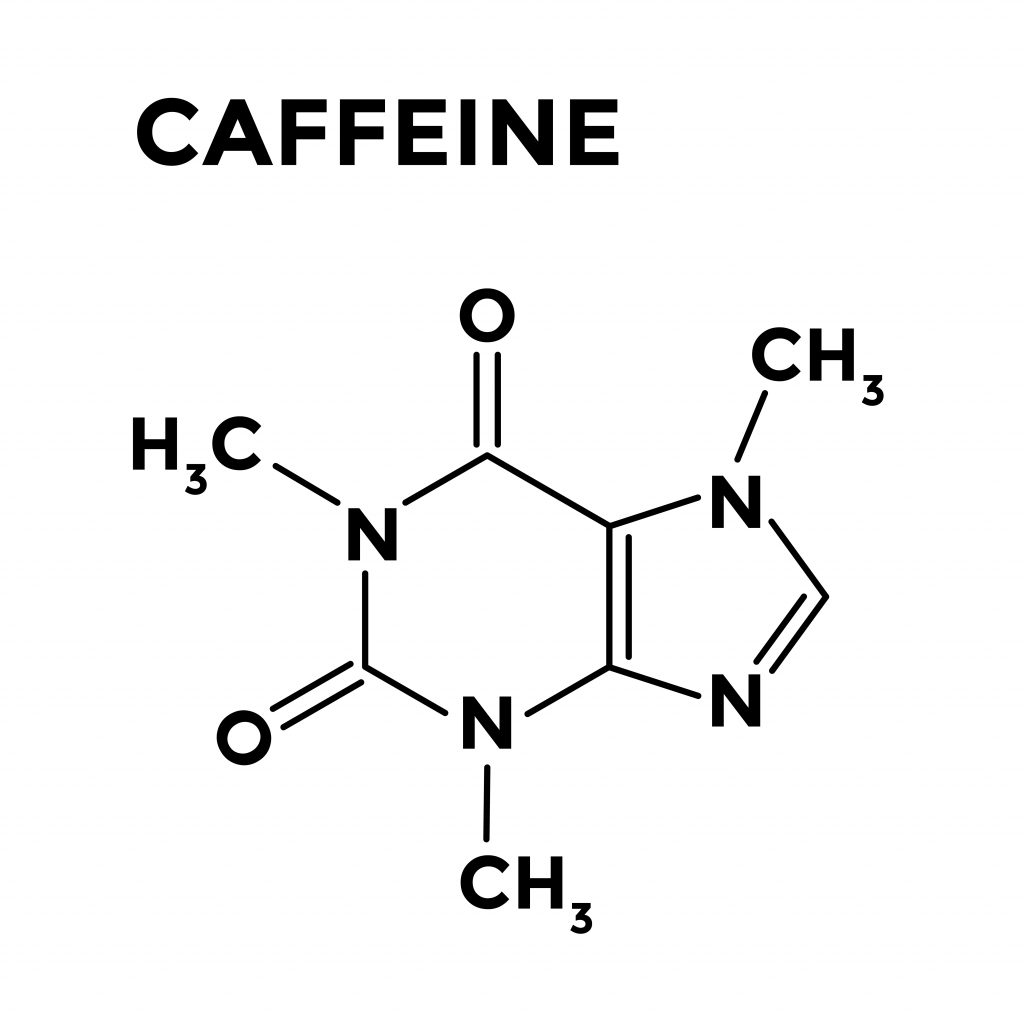



:max_bytes(150000):strip_icc()/Health-Lines-Caffeine-Sources-green-horiz-edit-4-32b42be237b84827bf205f003cd0a8dc.jpg)
